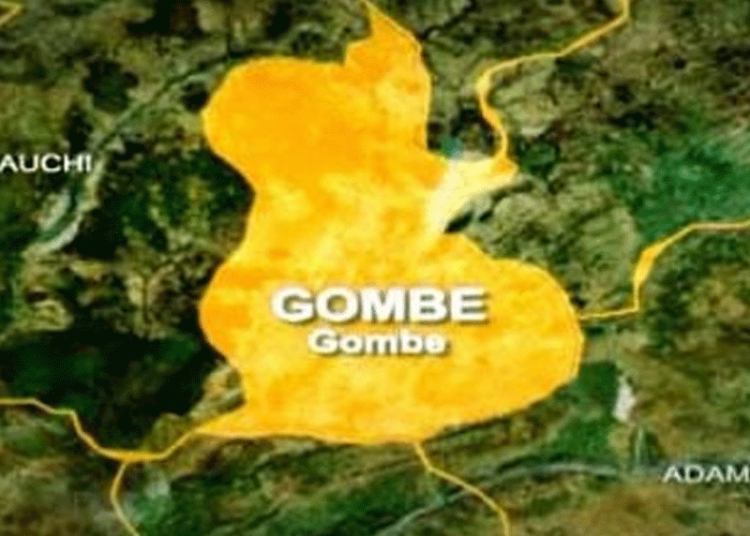In Kwadon, a farming community in the Yamaltu Deba local government area of Gombe State, elders, security officers, farmers and herders recently gathered under the same roof. Their mission was simple, but urgent. It was to find peace without picking up weapons or bloodshed.
For years, like in most Nigerian states, recurring clashes between farmers and herders have left several scars on families across Gombe State, with destroyed crops, wounds and sometimes lives cut short.
This time, the state government is leaning on what it calls a non-kinetic strategy, through dialogue, negotiation and shared responsibility rather than confrontation.
The officials said the initiative, championed by Governor Muhammadu Inuwa Yahaya and supported by the Livestock Productivity and Resilience Support (L-PRES) Project, is designed to ease tensions before they spill into violence.
At the stakeholders’ meeting in Kwadon, the state coordinator of L-PRES, represented by the social safeguard officer, Naomi Mwalin Abdu, emphasised that preventive dialogue remains at the heart of the L-PRES project.
For her, the governor’s vision is to protect lives and also to guarantee food security by ensuring that herders and farmers can coexist peacefully.
The divisional police officer who chaired the meeting cautioned against resorting to force when disputes arise.
He warned that blocking cattle routes or water paths, as some farmers have done, creates flashpoints for conflict.
Likewise, community leaders accused of selling grazing lands were told to desist or face legal consequences.
The traditional leaders in attendance acknowledged that both sides share blame for the recurring disputes.
The Sarkin Shanu of Kwadon and the District Head of Zanbuk pledged their support for government-led solutions, while the Sarkin Fulani of Kwadon pleaded for safe passage for herders and reassurance that their livelihoods would not be trampled upon. For many participants, the meeting was timely and more than just policy talk.
Abdu Isah, a farmer in Gombe, commending the initiative, said he was tired of losing his crops to herders’ cattle but wanted peace. A herder, Shehu Ali, similarly expressed relief that the government was listening, saying, “We want to move and graze with our animals without fear.”
The stakeholders agreed on several key steps, including re-surveying and re-mapping of cattle routes, stronger community education about the resolutions reached, and sanctions for leaders complicit in land sales that threaten peace.
The meeting ended with optimism. Farmers and herders shook hands and promised to work with local authorities.






